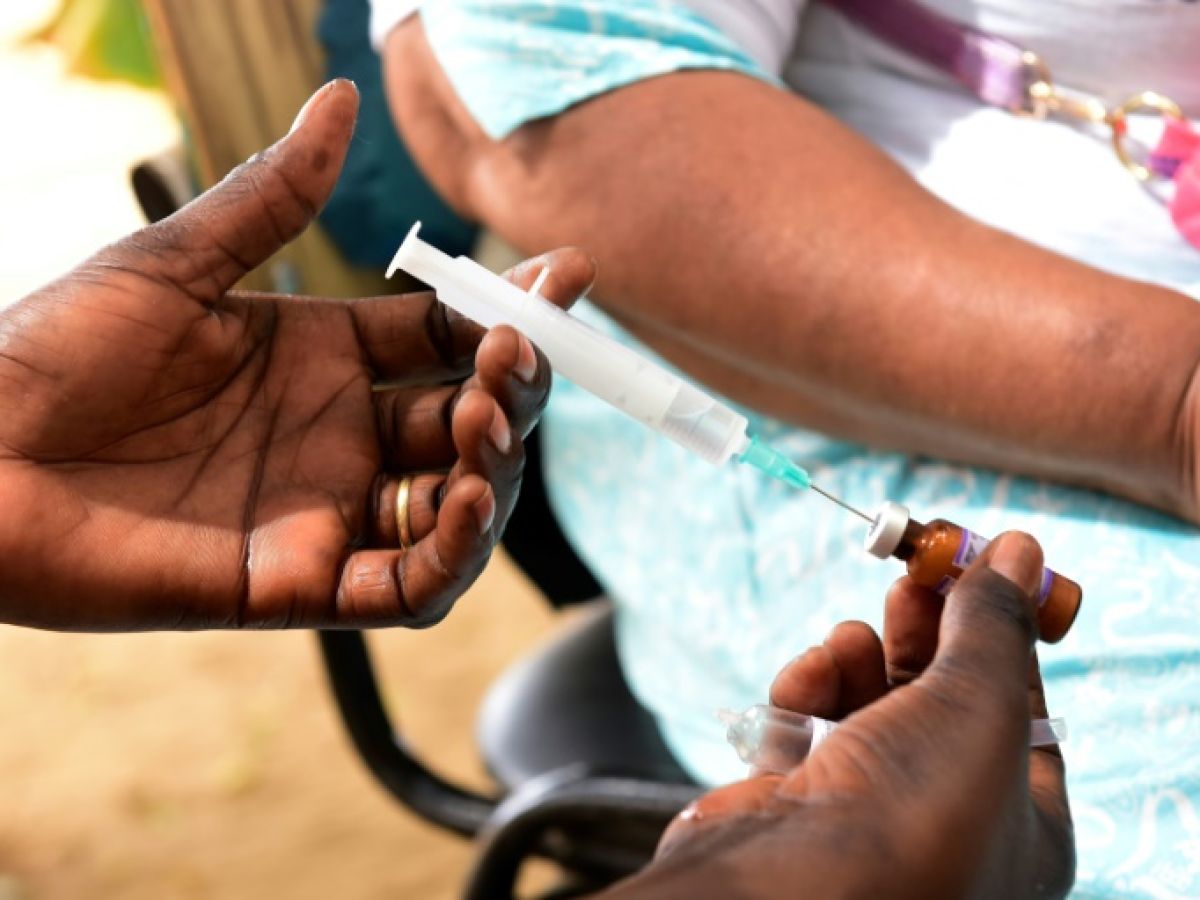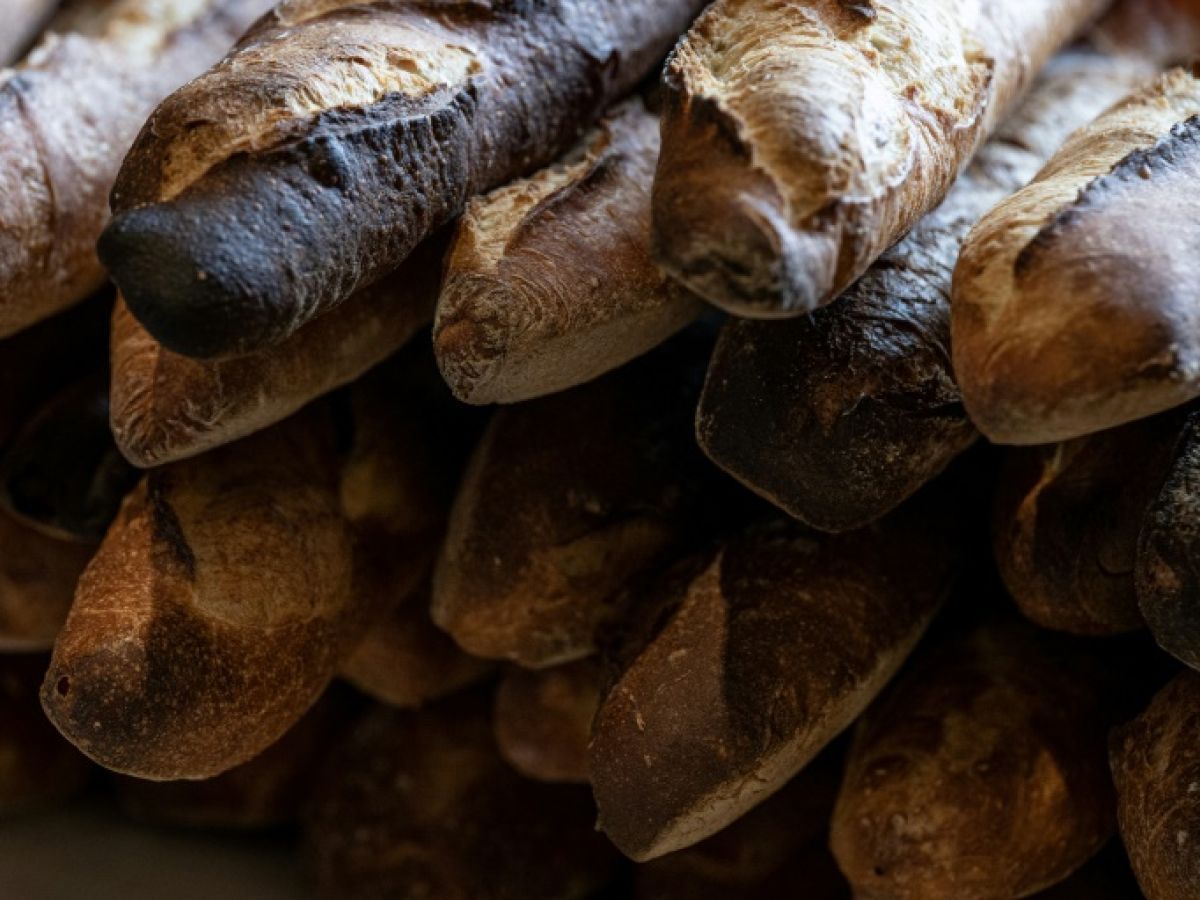To vaccinate children threatened by a measles epidemic in central Mali, health workers not only faced muddy roads during the last rainy season: they had to negotiate their passage with the jihadist groups that hold the villages under their control.
"At first they categorically refused. For them, vaccines are vectors of disease," says Moussa, head of a Malian NGO whose identity has been changed by AFP for security reasons.
Islamist or jihadist groups often oppose vaccination campaigns because of religious barriers, sometimes fueled by a rejection of the West and its fight against terrorism, indicates a study published at the end of January in the journal BMJ Global Health and entitled "The implications of the conflict on vaccination in the Sahel."
For health workers in central Mali, "it was therefore not possible to vaccinate children in the villages and their parents could not do so in the big cities either. This is why the measles epidemic worsened," confirms Moussa, who followed the case.

Finally, faced with the "ravage" of the disease, the jihadists finally gave in. "They themselves asked the health services to come and vaccinate the children," he explains.
These restrictions in central Mali illustrate a broader situation in the Sahel, undermined by jihadist violence and prey to political instability which is disrupting vaccination campaigns.
– Increased pressure –
Destruction of health infrastructure, restrictions on humanitarians and displacement of populations have made it difficult to maintain routine vaccination programmes.
“There has been a notable increase in attacks targeting health workers and humanitarian organisations in Mali, Niger and Burkina Faso. In 2020, a third of the kidnappings of humanitarian workers worldwide occurred in these regions,” Majdi Sabahelzain, a research associate at the Sydney School of Public Health and co-author of the study, told AFP.

In Mali as in Burkina, the NGO Médecins Sans Frontières had to suspend its activities in October in Nampala (central Mali) and Djibo (northern Burkina), hotbeds of jihadist violence, after brutality against its staff and premises.
In Niger, health unions sometimes complain about the "kidnapping" of nurses by "terrorists" presumably to treat their wounded in the west of the country.
And in addition to the violence of armed groups, there are the obstacles of the Sahelian juntas.
Mali, Niger and Burkina Faso, ruled by military regimes resulting from coups d'état between 2020 and 2023, are exerting increased pressure on NGOs, including humanitarian ones.
In Niger, the authorities asked the International Committee of the Red Cross (ICRC) to leave the country in early February. In November, they withdrew the operating permits of the French NGO Acted and the Nigerien association Action pour le bien-être (ABPE), without specifying the reasons.
The junta has also required NGOs and development associations to align their activities with its "vision" and strategic priorities.
In Mali, since November 2022, the authorities have banned the activities of all NGOs financed or supported by France, including those operating in the humanitarian field.
– Zero dose children –
Several humanitarian organisations have given up on going to risky areas caught between armed groups and Sahelian juntas.
"It is risky to travel by vehicle to reach very remote populations. Mass gathering is also dangerous and we often face sabotage of cold chains by unidentified individuals," says a doctor, head of a humanitarian NGO in Gao (northern Mali).

The disruption to vaccination campaigns has led to a build-up in the number of children with zero doses or little immunization.
“In 2023 alone, most of these countries had a significant proportion of unvaccinated children, particularly Sudan (43%), Mali (22%) and Chad (16%),” says researcher Majdi Sabahelzain.
According to his study, the accumulation of zero-dose and under-immunized children over the past five years reveals "the continuing risk of polio, diphtheria, whooping cough, tetanus and other vaccine-preventable diseases."
From 2022 to 2023, measles cases increased fivefold in Chad, from 2,158 to 11,862, and polio cases tripled (from 252 to 680) in Burkina Faso, according to the same source.

